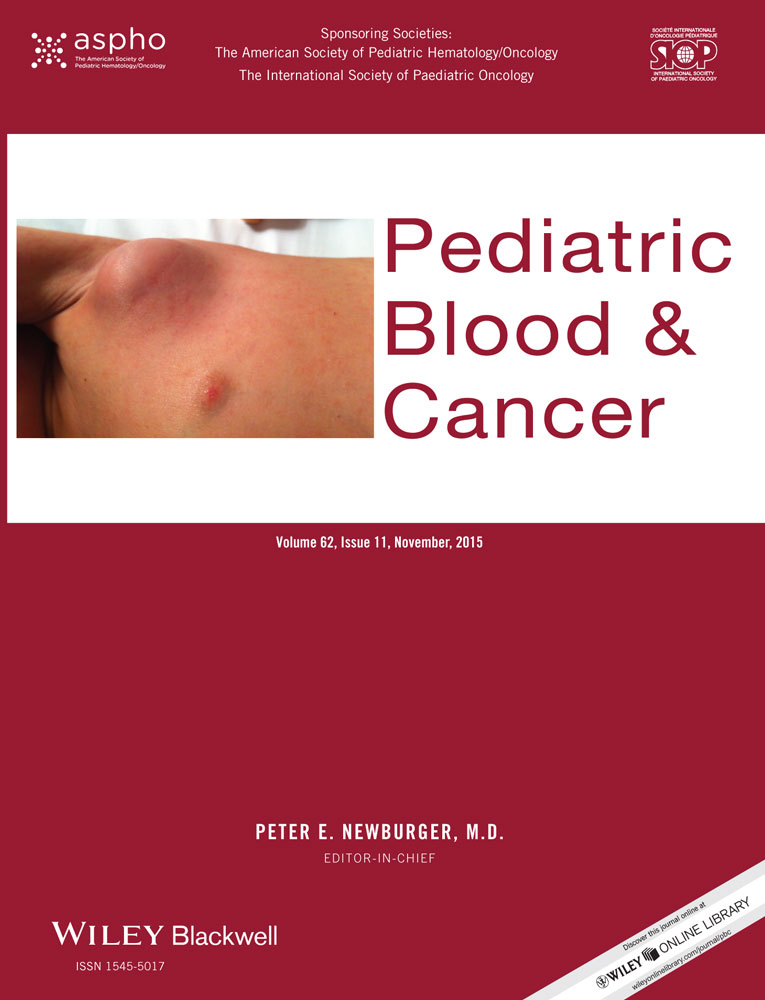Insulin-like growth factor-1 receptor (IGF-1R) inhibition promotes expansion of human NK cells which maintain their potent antitumor activity against Ewing sarcoma cells
Abstract
Background
Patients with primary metastatic or relapsed Ewing sarcomas (EwS) have a poor prognosis. While inhibitory insulin-like growth factor 1 receptor (IGF-1R)-specific antibodies have shown single agent activity in some patients with refractory disease, effective therapeutic targeting will rely on optimal combinations with conventional or innovative therapies. Specifically, combination of inhibitory IGF-1R antibodies with adoptive transfer of activated natural killer (NK) cells may have therapeutic benefit in EwS without adding toxicity.
Procedure
We investigated the in vitro effects of IGF-1R targeting on the immunological profile of EwS cells and on the survival and tumor targeting capacity of K-562-activated NK cells.
Results
IGF-1R inhibition reliably reduced EwS cell viability without affecting expression of immune-modulatory and MHC molecules. In NK cells, we observed a significant superior expansion following in vitro activation in the presence of IGF-1R-specific antibodies, while expression of differentiation markers and activating receptors remained unaffected. Activated NK cells coincubated with EwS cells showed potent degranulation responses unaffected by IGF-1R inhibition. These findings were reproducible in a stimulator cell-free NK cell expansion system, suggesting that direct effects of IGF-R1 antibodies on the IGF-R1 pathway in NK cells induce their activation and expansion.
Conclusions
Activated human NK cells respond to IGF-1R inhibition with superior expansion kinetics while maintaining potent antitumor responses against EwS. Combination of adoptive NK cell transfer with IGF-1R targeting may be an efficient means to eliminate minimal residual disease after conventional therapy and thereby rescue patients at the highest risk of relapse. Pediatr Blood Cancer © 2015 Wiley Periodicals, Inc.




